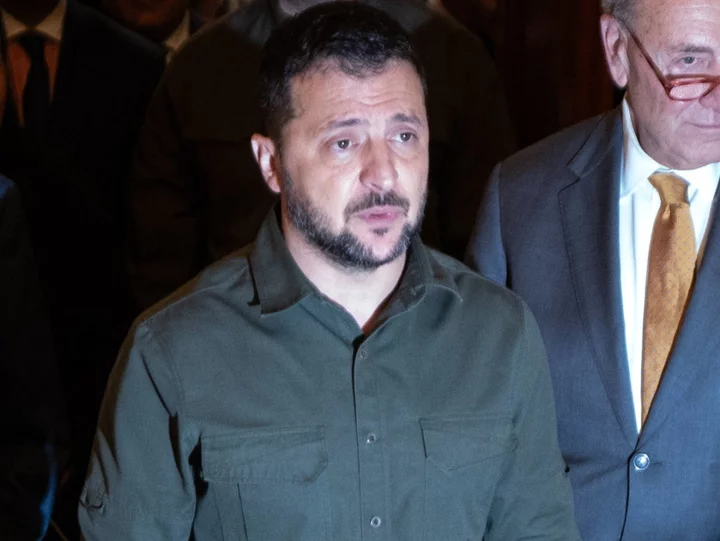MOSCOW, IDAHO: The science of applying genetic and genealogical techniques to produce leads for law enforcement agencies looking into crimes and identifying human remains is known as investigative genetic genealogy.
It is also known as forensic genetic genealogy, as per Investigative genetic genealogy FAQs.
Idaho murders suspect Bryan Kohberger's defense team won a little victory last week when Idaho judge John Judge approved a motion for an in-camera examination of the investigative genetic genealogy (IGG) evidence in a 32-page ruling.
In an alleged ambush in an off-campus rental home at 4 am, Kohberger is alleged to have stabbed to death Madison Mogen, Kaylee Goncalves, Xana Kernodle, and Ethan Chapin.
The defense is now looking for specific information regarding how law enforcement used IGG to identify Kohberger as a suspect after a Ka-Bar knife sheath bearing his DNA was found near Mogen's body.
How investigative genetic genealogy is used to detect crimes?
The term "forensic genealogy," which is most commonly used in the United States, refers to the employment of genealogical techniques in situations where there may be legal ramifications, such as heir hunting or determining citizenship.
To find similar genetic DNA profiles or matches, genetic genealogists utilize DNA profiles from crime scenes or unknown human remains.
This reduces the pool of potential near relatives of the offender or victim by comparing the existing genealogy of those close family connections.
Through these initiatives, researchers and investigators can provide fresh clues and narrow the scope of their probe into dormant or cold criminal cases.
According to court documents, genealogy is the second most popular hobby in the United States, after gardening, albeit anecdotally.
According to The New Yorker, the field is also the second most searched topic online, after pornography.
Genealogy databases compile the IGG data and make it accessible to the public so that enthusiasts can investigate their own ancestry.
The arrest of the alleged "Golden State Killer" in April 2018 brought this investigative or forensic genetic genealogy approach to the attention of the public.
This method has been used to resolve more than 60 cold cases as of October 2019.
Idaho judge granted request for an in-camera review of Bryan Kohberger's IGG evidence
Judge John Judge would review all of Kohberger's IGG evidence that is in the Latah County Prosecutor's Office and in FBI's hands.
The judge would eventually decide which will be redacted from public view, which should be kept secret, and which should be shared with the defense.
The judge wrote, "The state’s argument that the IGG investigation is wholly irrelevant since it was not used in obtaining any warrants and will not be used at trial is well supported."
"Nonetheless, Kohberger is entitled to view at least some of the IGG information in preparing his defense, even if it may ultimately be found to be irrelevant."
Edwina Elcox, a defense lawyer located in Boise who previously defended "Cult mom" killer Lori Vallow, told Fox News on Monday, October 30, "I have a HUGE issue with this."
"As a former prosecutor, I am of the position that the prosecution’s file should be absolutely open."
Additionally, according to court filings, prosecutors apparently verified a direct DNA match between Kohberger and the knife sheath DNA using a cheek swab.
Court documents state that while police did not use the FBI's IGG data to seek any warrants in the case, they did use it to generate leads.
Judge stated, "Through the IGG process, the FBI constructed a family tree of individuals whose DNA matched with the DNA found on the knife sheath."
"The FBI then sent local law enforcement a tip to investigate Defendant Bryan Kohberger."
Teneille Brown, a professor of law at the University of Utah, told Fox News Digital that she thinks it's unlikely that anything involving IGG would have violated Kohberger's Fourth Amendment rights.
Brown also added that the defense might want to know how that is possible given how new the investigative genetic genealogy field is.
Kohberger has been charged with four counts of first-degree murder and one count of felony burglary and is being held without bail. During his arraignment in May, the judge entered not guilty pleas on his behalf.
If found guilty, Kohberger might be executed.









